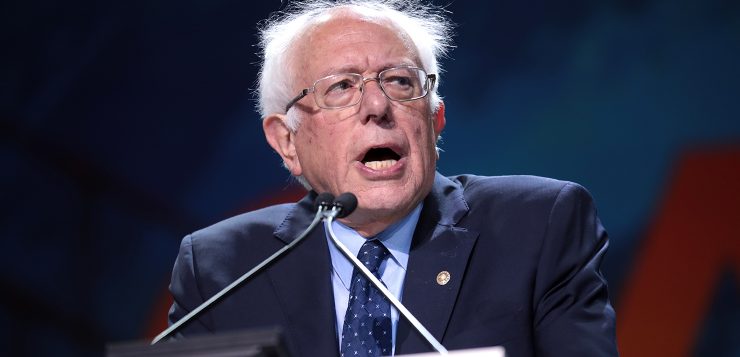There’s a lot of people with power and influence who don’t want Bernie Sanders to be the Democratic nominee to contest the US presidency. James Devenish helps you understand why.
Troy Bramston’s recent op-ed for The Australian is not so much a roadmap for Democratic victory in November as it is an expression of the media-driven fear that belies the growing potency of Bernie Sanders’ vision for this time.
The “ageing madcap socialist senator”, as Sanders is described by Bramston, seems to typify – rather bluntly – a common sentiment amongst the mainstream business, media and political elite. It is a sentiment however that vastly underestimates the power of Bernie’s campaign.
If you were to follow American media coverage in the months leading up to the Iowa caucuses this year you would be forgiven for being somewhat surprised at the current dominance of Bernie Sanders. Often ignored in panel debates and overlooked as the frontrunner in polls by both the media and his Democratic rivals, in the last week the Sanders campaign has positioned itself well and truly out in front – and for good reason.
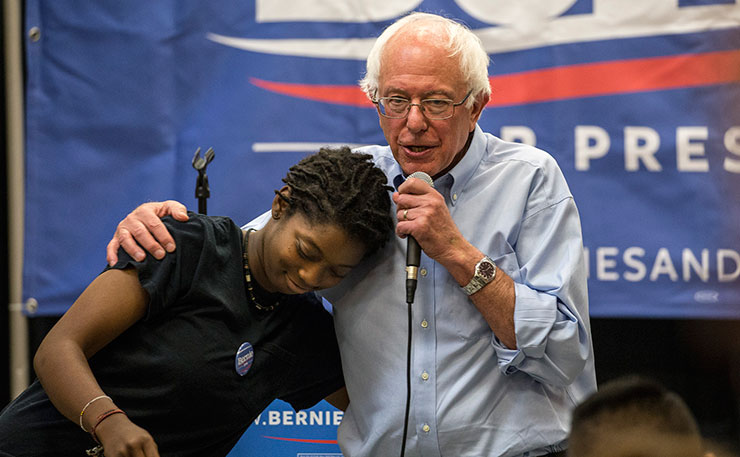
Bernie Sanders has leap frogged off the back of his surprisingly strong 2016 campaign to turn his grass roots movement into a loyal base of support. In the fourth quarter earnings from 2019, Bernie cleared more than $34.5 million in donations – head and shoulders ahead of Pete Buttigieg and Joe Biden who raised $24.7 and $22.7 million respectively.
What signals the strength of his candidacy however is not the total amount earned but the total number of donors, which sat comfortably at 1.8 million over the same quarter.
The ability of the Sander’s campaign to bring in a constant stream of small donations is only growing. In January alone his campaign raised $25 million, a number that is set to grow following his success in Iowa and New Hampshire.
An argument that is often levelled at the Sanders campaign is that of electability. Bramston attests in his op-ed that to have any chance of beating Trump, the Democrats must unite behind the two male moderates, Buttigieg and Biden – Bramston’s most “electable”.

What “electability” actually means or looks like though is unknown to anyone – least of all the pundits. But a good predictor of electability is, presumably, the ability of a candidate to turn out votes.
For all the valid critiques about how the lack of diversity in Iowa and New Hampshire fails to represent the Democratic party at large, these two states have a strong record of voting for the eventual nominee.
Biden’s abysmal performance in these first two states, finishing 4th in Iowa and 5th in New Hampshire, is indicative of his lack of electability. Indeed, Biden himself acknowledged this electability void in his opening lines in last Friday’s debate where he correctly predicted that he would take another hit in New Hampshire.
Just like in 2016 with Hillary Clinton, the US voting public seems to have come to the end of its tether with the a-typical Washington standard candidate.
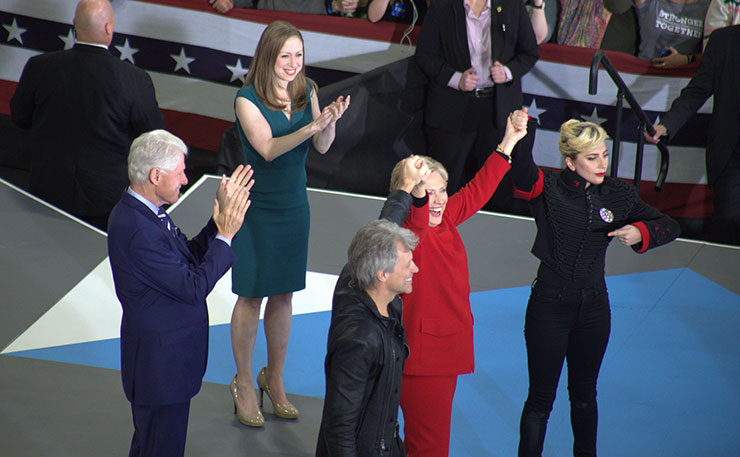
Whilst Buttigieg has defied expectations to win in Iowa and come a close second in New Hampshire, his lack of popularity amongst voters of colour is a cause for concern. Not until the South Carolina primary on the last day of February will the electability argument of his campaign be fully tested.
Bernie Sanders on the other hand has been able to excite a grass roots movement amongst a diverse coalition of younger voters. His strong performance in the first two states – winning the popular vote in both – is a testament to his argument for being the most electable. Of course, the Sanders campaign has challenges.
Exciting older Americans to vote for a self-identified socialist is a challenge in anyone’s books. But Sanders’ case for uniting the democratic coalition and attracting independents, moderate republicans and Obama-Trump voters is certainly far stronger than Biden’s and I would argue stronger than Buttigieg’s too.
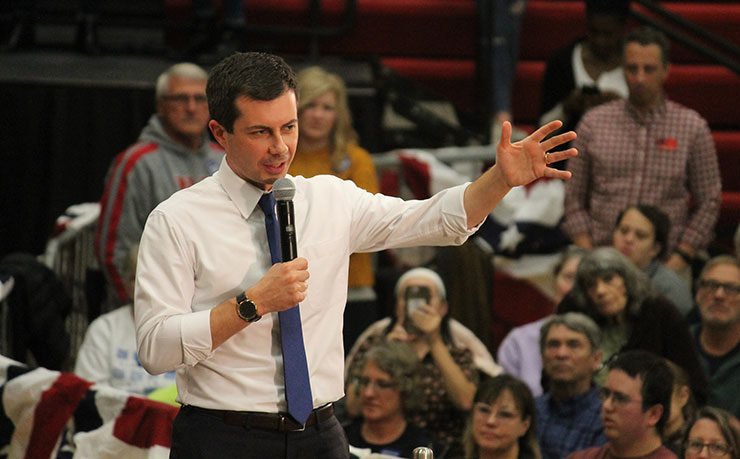
Then there is the predictable line that Sanders “isn’t even a Democrat”. This detraction is often thrown around because Sanders is an independent Senator from Vermont and not a fully-fledged part of the Democratic party. Indeed, Sanders himself is reticent to call himself a Democrat. To use this line as an argument against his bid to be the Democratic nominee, however, fails to grasp the essential message at the heart of the Sanders campaign.
Sanders is calling for a political revolution, a revolution against the traditional two-party system and yes, in many ways he is using the democratic party as something of a vessel to bring his message of political revolution to the masses.
However, the capacity to call out Sanders for not being a true Democrat and neglect giving that same treatment to Michael Bloomberg (who used to be a republican) seems indicative of the nefarious media narrative that is often levelled against the Sanders campaign.
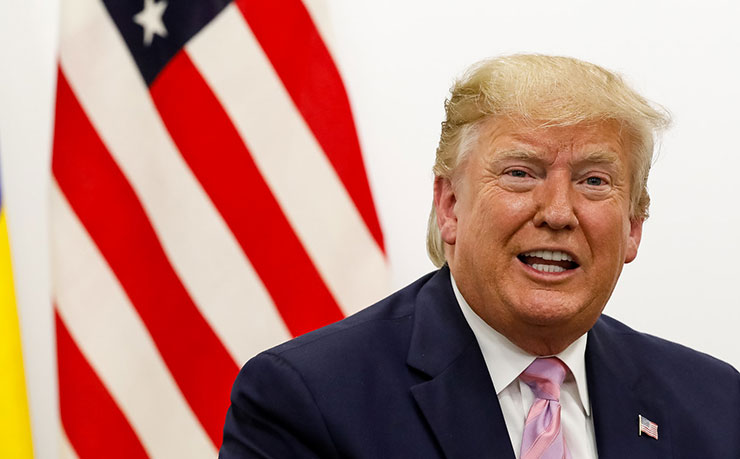
Bernie Sanders has many hurdles to overcome if he is to be the next President of the United States, not the least of which being Donald Trump. But this is a truth self-evident across every campaign for Democratic nominee.
To say that the Democratic party must unite behind the two male moderates to have any chance of defeating Trump misses completely this current moment in US political history.
For the Democrats to have any chance of defeating trump in November they need to unite behind whoever the eventual nominee is. As was evident in 2016, the “safe” option is not necessarily the smart one.
BE PART OF THE SOLUTION: WE NEED YOUR HELP TO KEEP NEW MATILDA ALIVE. Click here to chip in through Paypal
Donate To New Matilda
New Matilda is a small, independent media outlet. We survive through reader contributions, and never losing a lawsuit. If you got something from this article, giving something back helps us to continue speaking truth to power. Every little bit counts.

